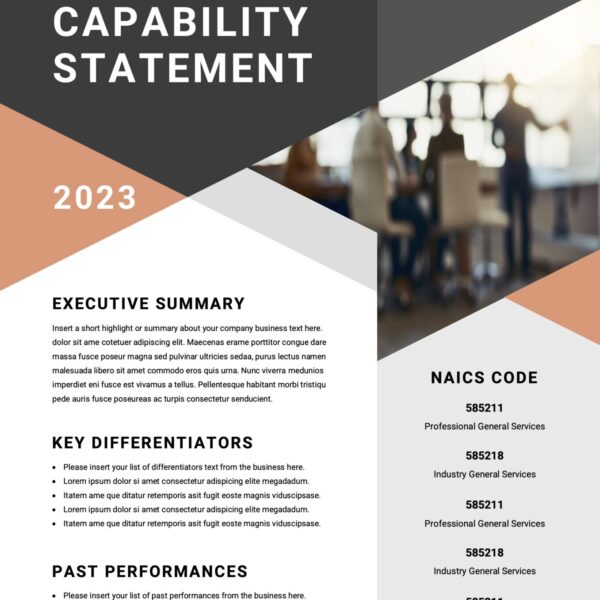One of the things we web designers often talk about when we’re around each other is our client stories. And while I won’t get into most of the topics or details, I do want to highlight a few important ones that are pretty common. Those being, clear understanding of responsibilities of the designer, of the business owner, on-time deliverables, and contract and payment.
I like to refer myself as a junior web designer. This because I haven’t been around for over a decade doing web design, but I have been around long enough to experience the highs and lows of the industry. Especially when it comes to my responsibilities as a web designer. First and foremost, I am to be the authority on such a subject matter when it comes to my clients. I must assume they know nothing, and take the time to adequately discuss anything that doesn’t make sense to the client. I’m not saying that non industry people are handicapped at all. But I do think its unfair to talk a bunch of techno babble under the pretense that a client understand everything I’m talking about. I also believe I have a responsibility:
- To return phone calls or emails in a timely manner.
- Clearly explain my prices and estimate for work to be done
- Ask questions about what the client would like to see done
- Get existing examples of websites & designs that the client likes
- Secure a deposit before work is started
From a client’s side, there can be quite a few things needed that may not become clear until deadlines are approaching. One example is “content.” It is always the business owner’s responsibility to provide content for their website. As a designer, we can easily charge for copyrighting if necessary, but otherwise it’s up to the client to take the time to write out their bios, services, products, prices, and even provide the graphics and logos for the site. In a lot of cases this is where pricing for websites starts to climb. What at first seemed like a $1,500 job has now turned into a $2,600 job after creating graphics, artwork, content, research, and implementation. I can’t stress how important this is because of how it will seriously drag a project that would normally take 2 weeks into several months of back and forth missed calls and unanswered emails.
Milestones for each web project will vary, but each project has them. From getting a contract signed with initial payment, to full site testing and launching, there are some goals that need to be tracked and reached before further work is started. Most designers will keep the client informed with over estimated time lines. This is not because we’re lazy or anything, its to give enough time to get things in order or received from the client with a realistic turnaround time for completion. If we think we’re going to be late on a deadline, its our responsibility to inform the client. If the client can’t seem to finalize something – they need to understand how that affects the overall time line for their project.
My last point is securing a contract and payment. Let me skip to payments because this is dearest to just about every freelancer out there. We need this upfront not because we need to pay our overdue light bill. Its more so because we need to get you truly interested in getting us the materials we need to really undertake a project. If we don’t secure a preliminary deposit from you, we’ll most likely be waiting for months before hearing anything from you. I won’t generalize that statement to everyone, but I will say most. Each designer has their own way of breaking down a project’s payment percentages, but their important to sticking to the deadlines.
Now as for a contract; this is important to all parties. A working contract protects the designer for their work, what is fully expected of them, and also the client for what is eventually owned/owed to them.



As a client of three different web designers over the past five years, I can’t agree more – clarity in all communications is essential. Being clear on expectations, schedule, and costs – for both the designer and the client is the foundation for a good outcome. Thank you for a post that I’ll share with my web designer…
Thanks for reading Rebecca! This is one of those things I learned early off when I got into the business. It has become one of my “theories” to maintain, and has been a good part of my reputation.